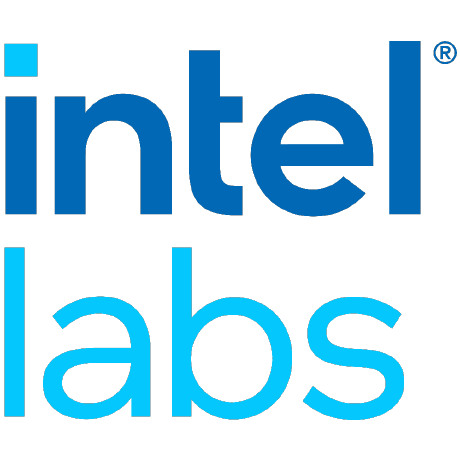Discover and explore top open-source AI tools and projects—updated daily.
RAG-FiT by  IntelLabs
IntelLabs
Framework for fine-tuning LLMs on RAG-augmented datasets
Top 45.5% on SourcePulse
RAG-FiT is a modular Python framework designed to enhance Large Language Models (LLMs) for Retrieval Augmented Generation (RAG) tasks through fine-tuning. It targets researchers and developers looking to improve RAG performance by creating specialized RAG-augmented datasets, efficiently training models using Parameter-Efficient Fine-Tuning (PEFT), and evaluating the improvements with RAG-specific metrics.
How It Works
RAG-FiT employs a four-module architecture: Dataset Creation, Training, Inference, and Evaluation. The Dataset Creation module handles data processing, retrieval integration, and prompt templating to generate RAG-augmented datasets in a consistent format. The Training module leverages PEFT techniques and libraries like TRL for efficient model fine-tuning on these datasets. Inference generates predictions using fine-tuned or base models, and the Evaluation module assesses performance using a suite of RAG-aware metrics, including EM, F1, ROUGE, BERTScore, Deepeval, and RAGAS, which can utilize rich metadata beyond simple text.
Quick Start & Requirements
- Install:
pip install -e . - Optional Packages:
pip install -e .[haystack]orpip install -e .[deepeval] - Prerequisites: Python, standard ML libraries. Specific RAG backends (like Haystack) or evaluation tools (like Deepeval) require additional installs.
- Documentation: PubmedQA Tutorial (https://github.com/IntelLabs/RAG-FiT/blob/main/tutorials/pubmedqa/README.md)
Highlighted Details
- Supports PEFT for efficient fine-tuning.
- Modular design with configuration-as-code via Hydra for workflow customization.
- RAG-specific evaluation metrics that utilize retrieval results, reasoning, and citations.
- Facilitates fast prototyping and experimentation across the RAG pipeline.
Maintenance & Community
- Actively maintained by Intel Labs.
- Welcomes comments, suggestions, issues, and pull requests.
- Paper: RAG Foundry: A Framework for Enhancing LLMs for Retrieval Augmented Generation (arXiv:2408.02545).
Licensing & Compatibility
- License: Apache 2.0 License.
- Compatibility: Permissive license suitable for commercial use and integration with closed-source projects.
Limitations & Caveats
The framework is presented as a tool for enhancing LLMs for RAG tasks, implying that core LLM capabilities and RAG setup (retrievers, vector stores) are handled externally or through optional integrations. The effectiveness of fine-tuning is dependent on the quality and relevance of the generated RAG-augmented datasets.
2 months ago
1 day

 misbahsy
misbahsy Ber666
Ber666 fate-ubw
fate-ubw arcee-ai
arcee-ai ContextualAI
ContextualAI OpenMOSS
OpenMOSS jiahe7ay
jiahe7ay locuslab
locuslab facebookresearch
facebookresearch RUC-NLPIR
RUC-NLPIR transformerlab
transformerlab oumi-ai
oumi-ai